Die Berlinale. Das Festival
- 143 Seiten
- 6 Lesestunden
Peter Cowie ist ein renommierter Filmhistoriker, der über dreißig Bücher über das Kino verfasst hat. Er gründete und leitete die einflussreiche jährliche Publikation International Film Guide, eine umfassende Übersicht über die weltweite Filmproduktion, die zu einer wichtigen Ressource für Filmfans und Gelehrte wurde.

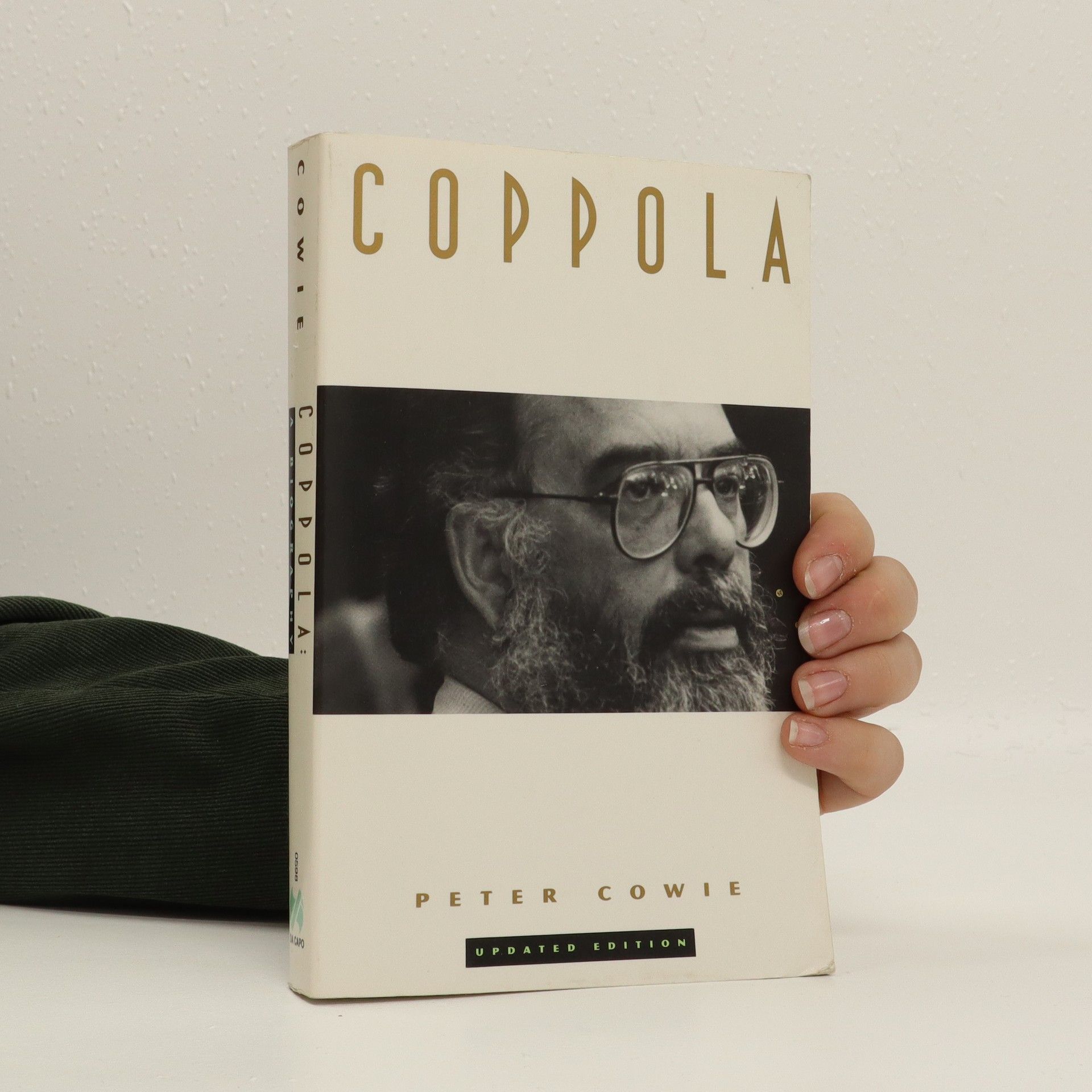
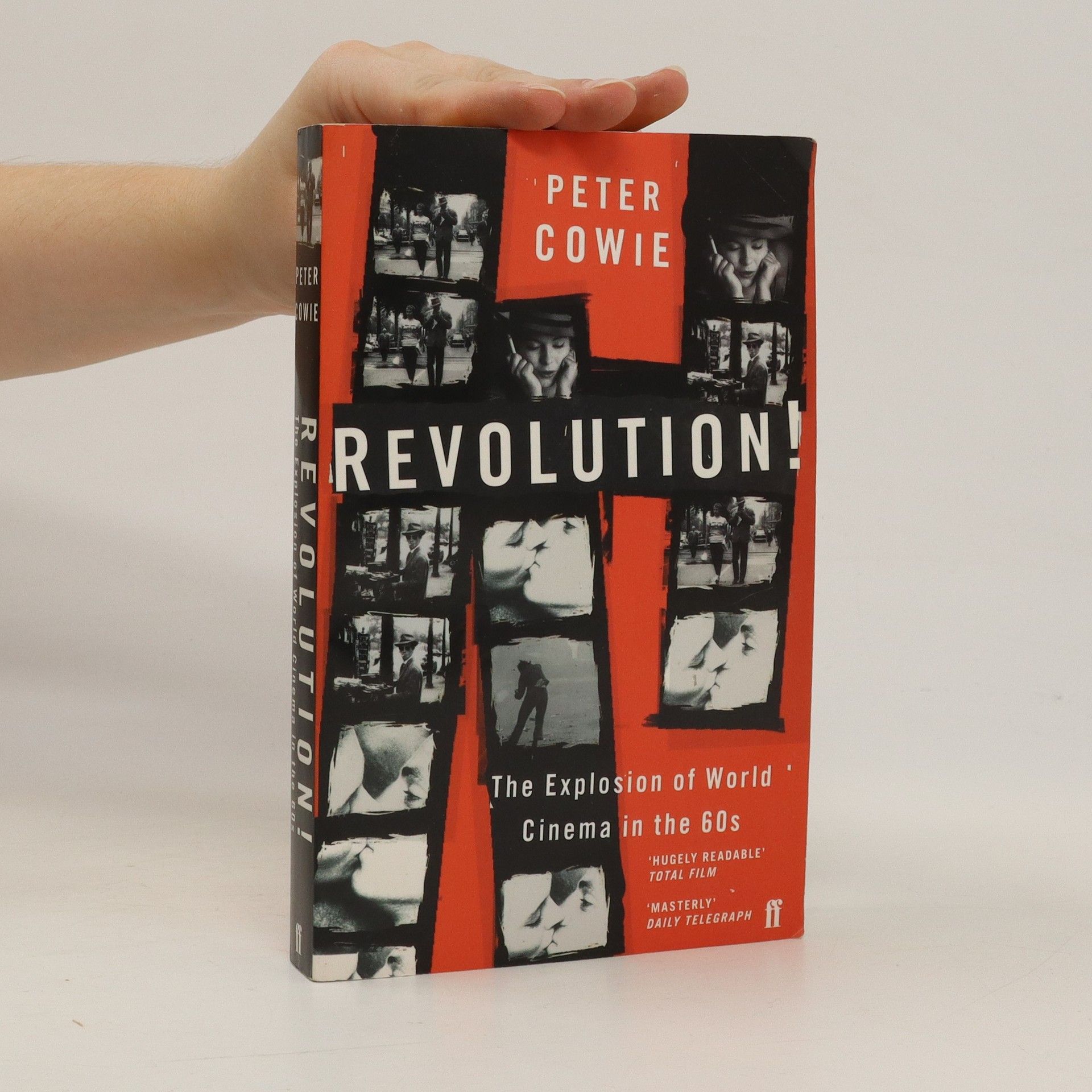
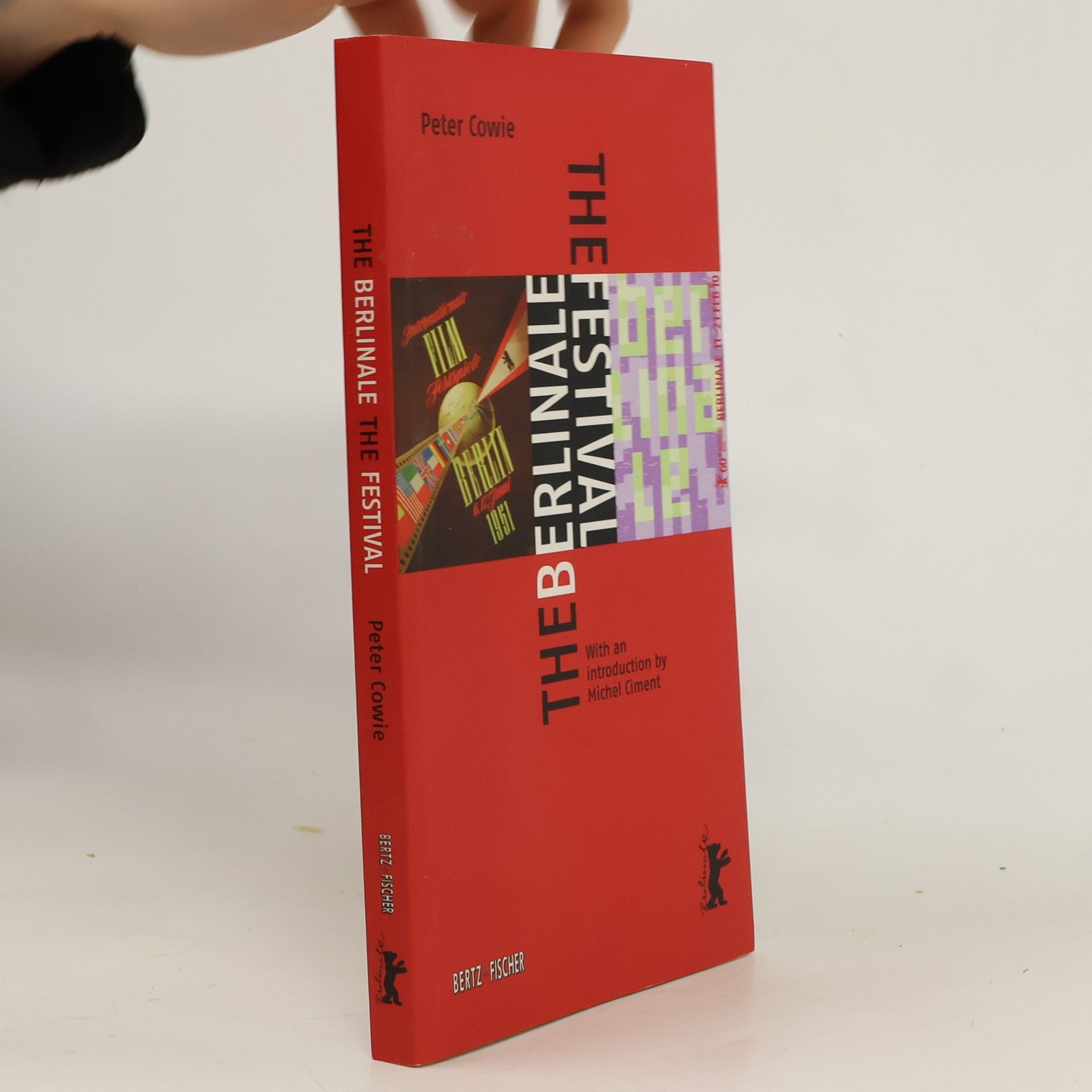

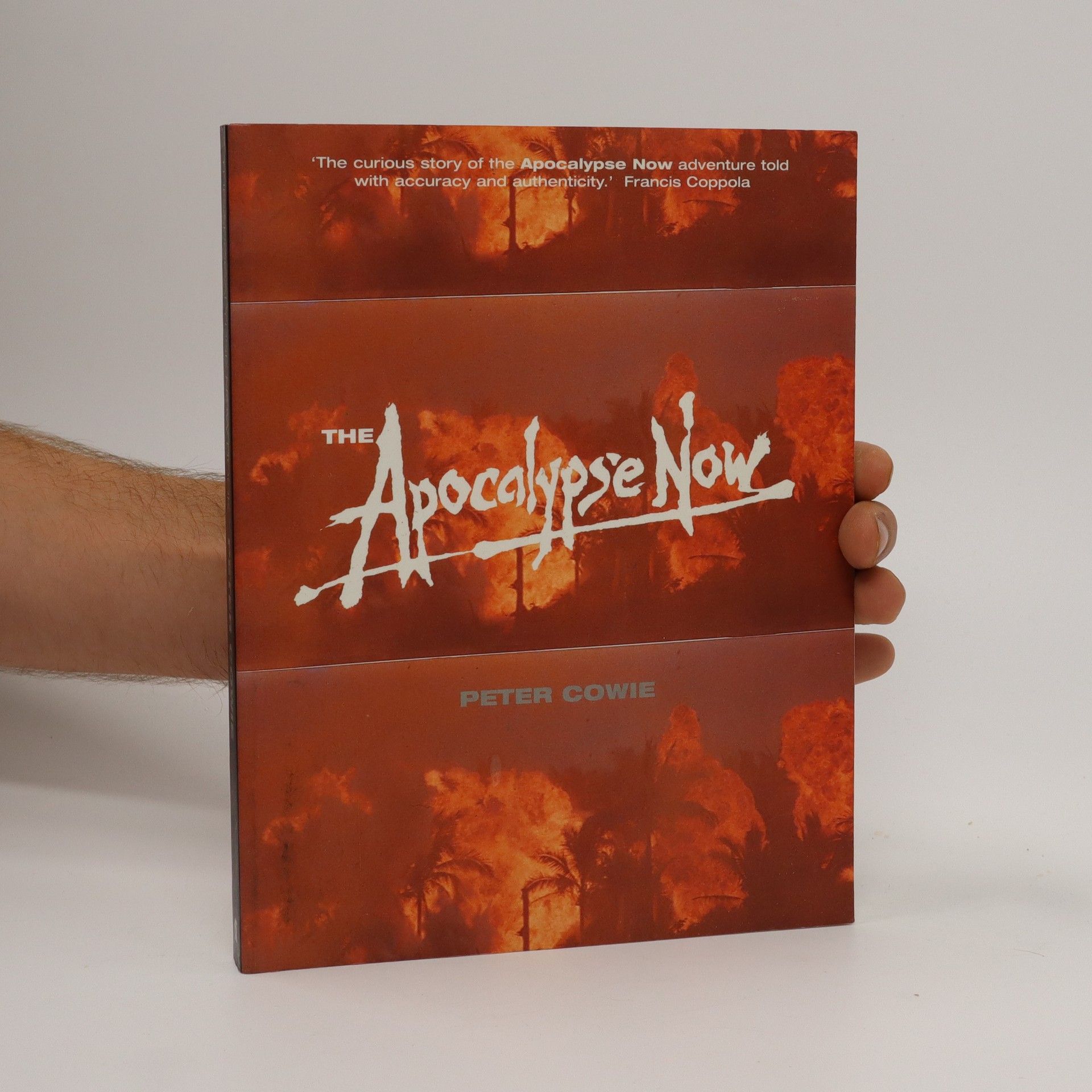
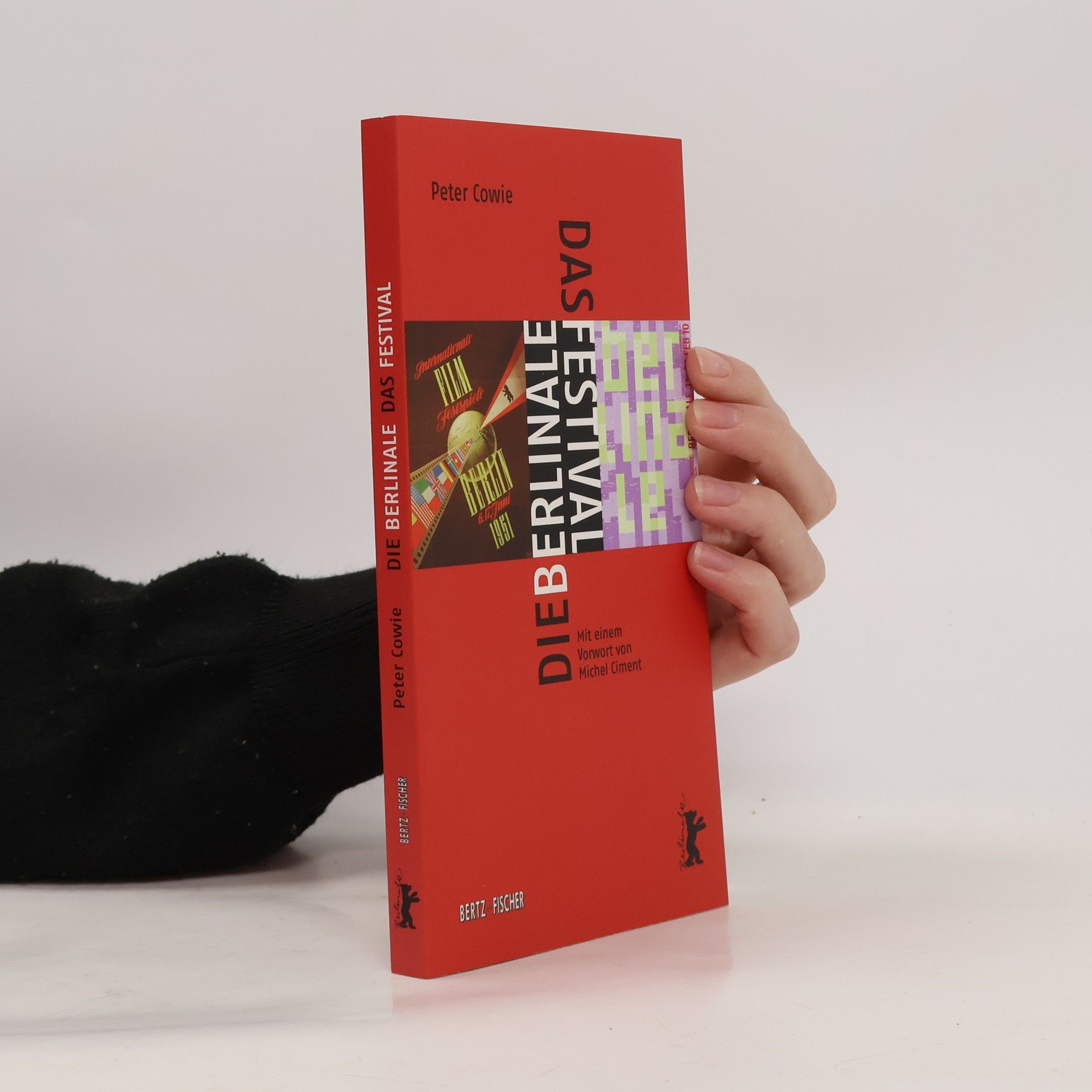
The production of Francis Coppola's Vietnam War epic Apocalypse Now was the stuff of legend. A multi-million dollar 'personal project' recasting America's heinous war in the mode of Conrad's Heart of Darkness, it was several years in the making, shot on location in the Philippines amid horrendous weather and with numerous changes of key personnel. Finally screened (as a 'work-in-progress') at Cannes in 1979, it won the Palme d'Or, giving Coppola the opportunity to rail against the world's press for their reportage of the film's stormy gestation. Peter Cowie was granted unprecedented access to Coppola's private archives of the film's production, and this book reconstructs the whole extraordinary story.
An informal yet informed journey through the classic works of Japanese cinema and their directors.
No international author knows the Berlinale quite like British journalist Peter Cowie. In this book, released on the occasion of the 60th Berlin International Film Festival in February 2010, he looks back to the past while shining a spotlight on the extraordinary present-day vitality of the festival. Starting with the first Berlinale in 1951 at the Titania Palast in Steglitz, which opened with Hitchcock’s REBECCA; through the first appointed international jury in 1956, the heated political discussions of the early 70s, the establishment of the International Forum of New Cinema and the Berlinale’s transfer from summer to February (1978); all the way to the festival’s relocation to Potsdamer Platz in 2000 and the innovations that came under the festival’s only four Directors. Peter Cowie also wonders what the film festival of the future will look like and he presents a thorough and entertaining look into the individual sections and initiatives of the Berlinale, a festival that is much more than just one of the world’s most important film competitions and the Red Carpet.
In the 1960s, film-makers including Godard, Truffaut, Pasolini and Bertolucci, Oshima and Forman, and Polanski and Cassavetes emerged to challenge the conformity and taboos of the 50s. This title recaptures the cultural mood of the period through interviews with key talents of the time.
By 1982 Francis Ford Coppola had won five Academy Awards; at the same time he was over 20 million in debt following the disastrous failure of One from the Heart. This astute biography critically examines Coppola's singular vision and why it makes such paradoxes not only possible but prevalent in his long turbulent career. At the age of 32 Coppola became a superstar in Hollywood with The Godfather, which rapidly climbed to the top of the all-time box-office hits. Two years later he won the coveted Palme d'Or at the Cannes festival for The Conversation. His savage epic of the Vietnam War, Apocalypse Now, established him as the most daring, brilliant filmmaker of his generation. This book not only goes behind the cameras to track the creative and financial turmoil involved in his productions, but offers perceptive analyses of his films, including all three parts of The Godfather and the visually stunning remake of Dracula. Based on three years of research and exclusive interviews with the subject, Coppola illuminates the director's rise to prominence, his personal tragedies, intermittent failures, and resurgent successes with telling insights into the shaping of his artistic sensibility. This is a spirited, penetrating study of a man whose films have a strange way of mirroring his own sometimes tempestuous life.
How to explain the enduring appeal of "The Godfather", and its two sequels? This book focuses on the elements that combined, against all odds, to make it successful when it appeared in 1972: the screenplay from Mario Puzo's novel; the vivid locations in New York and Sicily; and the inspired direction of Francis Ford Coppola.
Modern Norwegian Cinema 1971-1999
Long in the shadow of its Nordic neighbours where film is concerned, Norway has emerged into the bright sunlight of international acclaim for films like "Junk Mail", "Insomnia", "The Other Side of Sunday", "Eggs", and now "Only Clouds Move the Stars". Peter Cowie has followed the renaissance in Norwegian cinema since the early 1970s, and in this lavishly-illustrated volume he describes the themes and the personalities involved. From studies of youngsters to historical epics, from comedies to experimental works, the Norwegian feature film offers a rich palette of styles and subject-matter. For anyone interested in European cinema, this book will provide a fascinating companion to one of the continent's most adventurous and courageous film industries. Introduction; Blazing the Trail; Rites of Youthful Passage; Learning from History and Politics; The Lure of Literature; Dissecting Society - Often with a Smile; Held in Suspense; Pushing the Envelope; Norwegian Feature Films 1971-1999; Index to Films Cited in the Text; Directors Cited in the Text